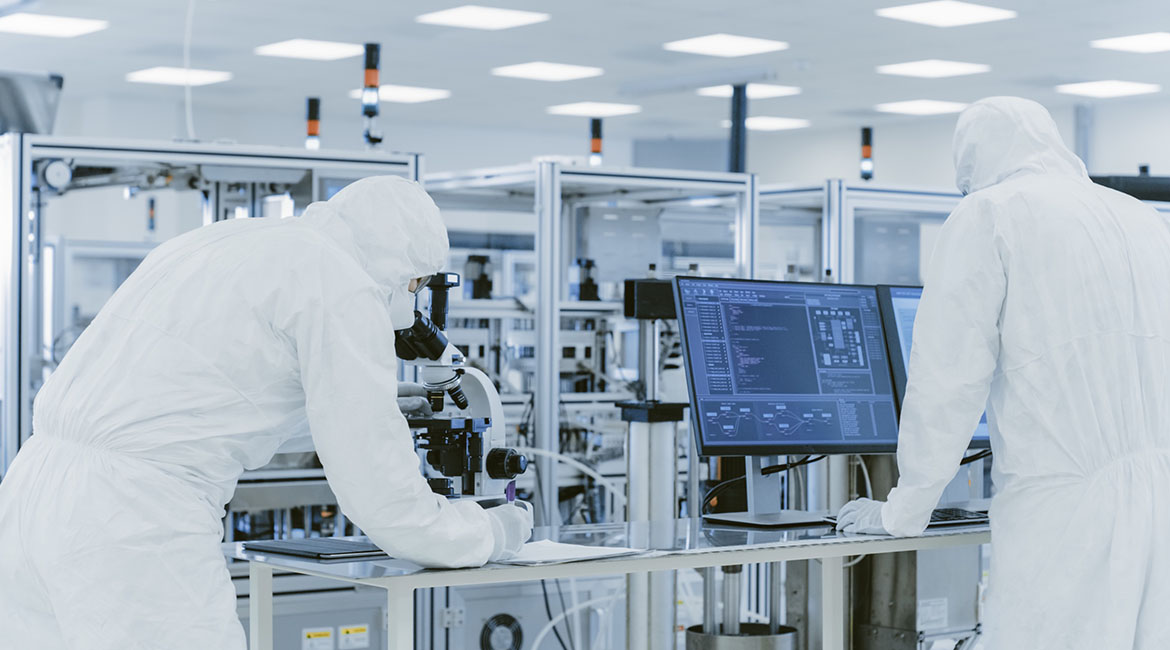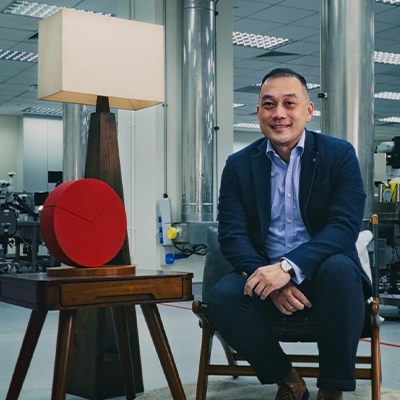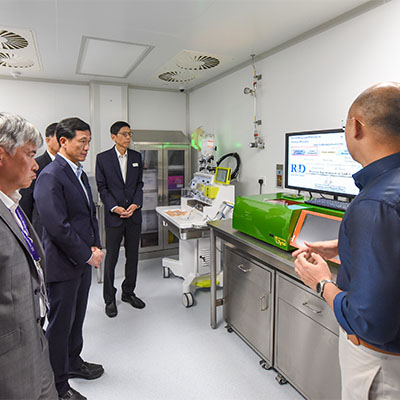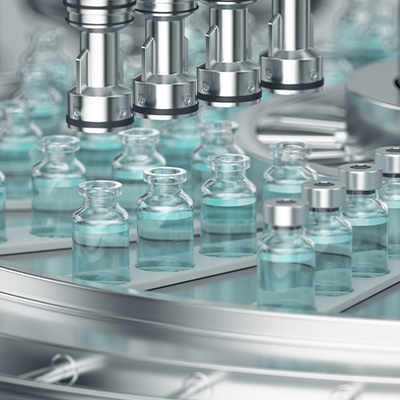The company opened a $107 million cell manufacturing facility in China at industry park China-Singapore Guangzhou Knowledge City in 2021 for research and development, manufacturing and marketing of cell immunotherapies.
Dr Cecilia Zhang, Biosyngen’s Chief Scientific Officer, said the China site faces strict import and export restrictions, and the Singapore site will be crucial in serving the global market.
“Our facility in Singapore enables research and development in drug discovery and process development, and will also be able to accommodate more advanced processes or products that will be introduced in the future,” she said.
The new facility has five different suites equipped with isolators, which are clean air devices that allow for a complete separation between technical personnel and the surrounding environment. This will allow the firm to run closed-system production, which is the best practice in the cell and gene therapy industry.
“This means that the cell culture won’t be exposed to air, and the whole manufacturing process is under very sterile conditions to avoid contamination,” said Dr Zhang.
She said the facility uses automation to grow T-cells in a controlled environment. T-cells are a type of white blood cell used in the development of immunotherapies.
With an automated system, scientists are able to program and set up an environment in which T-cells can multiply. In a manual set-up, scientists have to monitor cell growth on a consistent basis, and manually add nutrients to aid cell growth, she added.
The company has five key projects in the pipeline, with two Phase 1 clinical trials, one targeting nose cancer and the other targeting Epstein–Barr virus-associated lymphoma, a type of cancer of the lymphatic system. There are also three investigator-initiated trials targeting lung cancer, liver cancer and gastrointestinal cancers, added Dr Zhang.
At the opening of the new facility, Minister of State for Trade and Industry Alvin Tan said it reflects how the local biotech ecosystem has grown, with more of Singapore’s home-grown biomedical companies building GMP (good manufacturing practice) manufacturing capabilities as they scale up and move on to clinical trials.
“With these efforts, Singapore is on track to be a world-class regional hub for cell and gene therapy that achieves research and clinical translational excellence to deliver better healthcare outcomes,” said Mr Tan.
Source: The Straits Times © SPH Media Limited. Permission required for reproduction.








